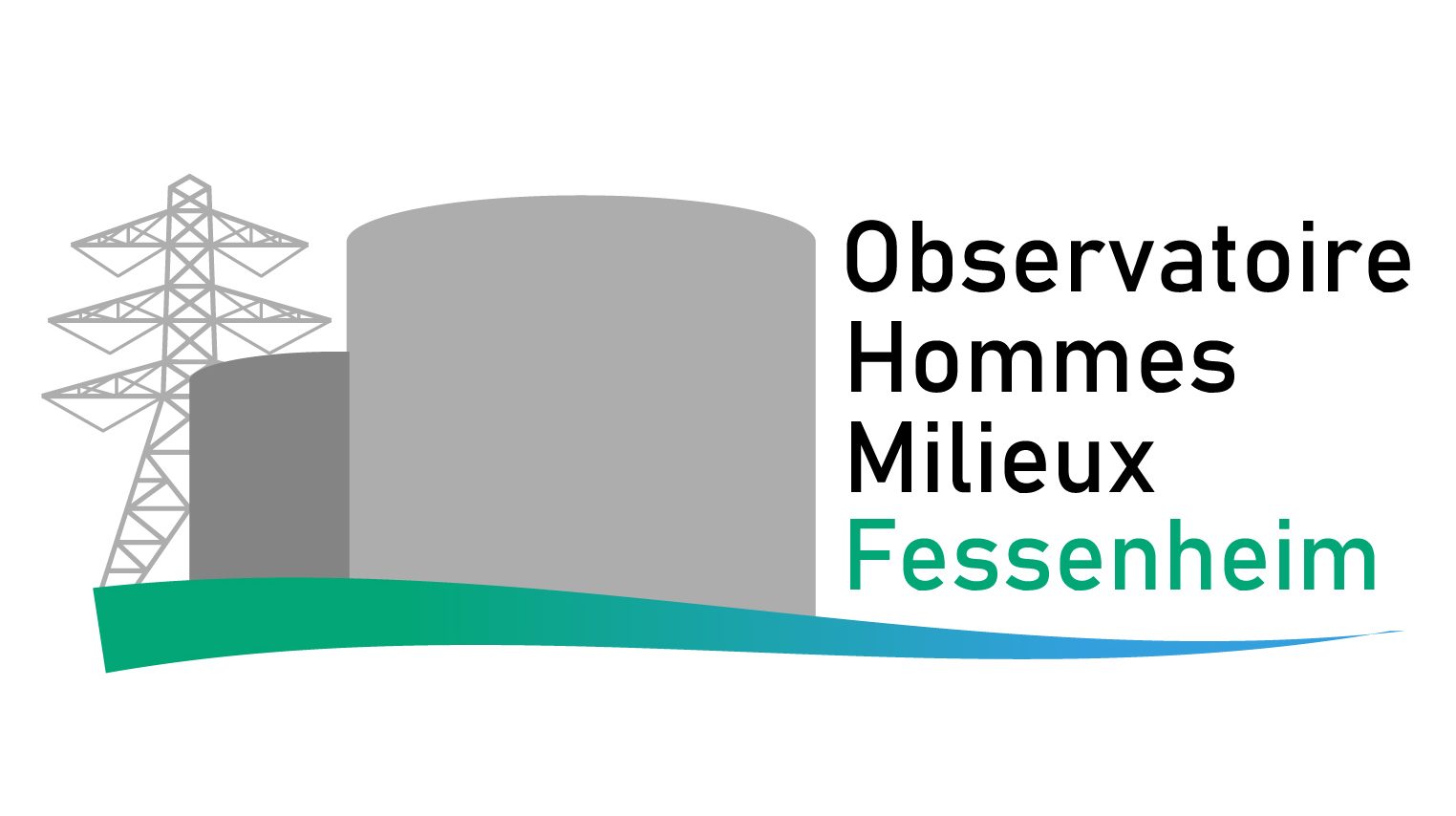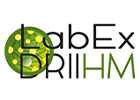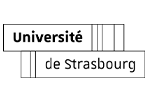About the project
In the coming years, the number of Dismantling and Decommissioning (D&D) projects of nuclear facilities will increase around the world. As these activities were not foreseen during the design and construction, they are very challenging. Therefore, particular research is needed in this matter.
The overall aim of the EU funded project DORADO – Digital twins and Ontology for Robot Assisted Decommissioning Operations – is to improve safety and efficiency in nuclear D&D by applying digital technologies such as Artificial Intelligence (AI) and Building Information Modeling (BIM), using a dedicated decommissioning ontology. In the DORADO project, a holistic digital platform based on a data-driven approach will be created, integrating digital tools into a coherent suite customized for decommissioning applications. Once completed, the platform can be utilized especially for in situ waste characterization, planning segregation and packing remotely, robotics and remote handling systems, characterization and sampling, clearance of surfaces and structures, cost estimation, risk identification, and knowledge management, including on-site voice assistance to the fieldworkers.
The DORADO project will focus on several technologies that will be developed and integrated to be used with a common data server combining the data flow following the BIM methodology. These include, e.g., point-cloud data, 3D models and change detection, Digital Twins (DTs) based ALARA dose estimation, robot mission optimization, and smart voice assistant interface. After the technological implementation development phase, all the results will be demonstrated with data sets collected from real nuclear facilities.
Main expected impacts are minimizing radiation exposure and risk of occupational incidents to workers, as well as increasing the efficiency of decommissioning planning by enabling remote operations and planning. This can result in significant cost reduction and optimized Waste Management (WM) strategies among others, increasing the social acceptance towards nuclear energy. Utilizing a decommissioning-specific ontology will allow capturing and sharing the complex information involved in D&D projects, enabling better planning, decision-making, and knowledge reuse. Benchmarking digital tools with demonstrations from nuclear facilities also assists the regulators to understand the future technical possibilities and to update regulations to cover all the changes in the operating environment.
Project website : https://www.dorado-project.eu/
Work packages
During the initial phase of the project, in the WP2, the potential end users will be engaged in order to collect user needs and requirements for such a platform. Afterwards, in the WP3, system design and implementation will be carried out. Following technologies will be analyzed and appropriately applied to the platform:
- Sensor data fusion with temporal dimension
- Environment data comparison against BIM
- Point-cloud and 3D model change detection
- Dynamic modelling of digital twins for ALARA Dose Estimation and Planning
- Server-based integration with IFC file format and extended data queries
- Mission planning and robot route optimization
- Human to System smart voice assistant interface
- Standardization using the common ontology
In the WP4, the designed and implemented system will be tested on properly chosen use cases in order to demonstrate the feasibility of the concept of the holistic digital platform. Following demonstrations are anticipated:
- Creation of a parametric 3D model
- Utilization of the parametric 3D model for the mission planning
- Detecting the changes in the 3D models over time (+ comparison of plans vs. reality)
- Decommissioning safety and risks/hazards assessment
Paralelly to all activities, in the WP5, the progress of the project and achieved results will be regularly disseminated at conferences, in white papers, newsletters or social media. Additionally, proposals for further standardizations in the field of digitalization of decommissioning planning and execution will be developed.
Partners
- VTT Technical Research Centre of Finland Ltd. (Project coordinator) (Finland)
- Institutt for energiteknikk (Norway)
- Karlsruher Institut fuer Technologie (German)
- WAI (Slovakia)
- Electric Power Research Institute (Ireland)
- SPIX industry (France)
- Studiecentrum voor Kernenergie / Centre d’Etude de l’Energie Nucléaire (Belgium)
- Institut de Radioprotection et de Sûreté Nucléaire (France)
- IUS Institut für Umwelttechnologien und Strahlenschutz GmbH (Germany)
- Catenda (Norway)
- Université de Strasbourg (France)
- Amphos 21 (Spain)
Budget
Overall budget : 2 126 803,00 €
EU contribution : 1 913 378,13 €





